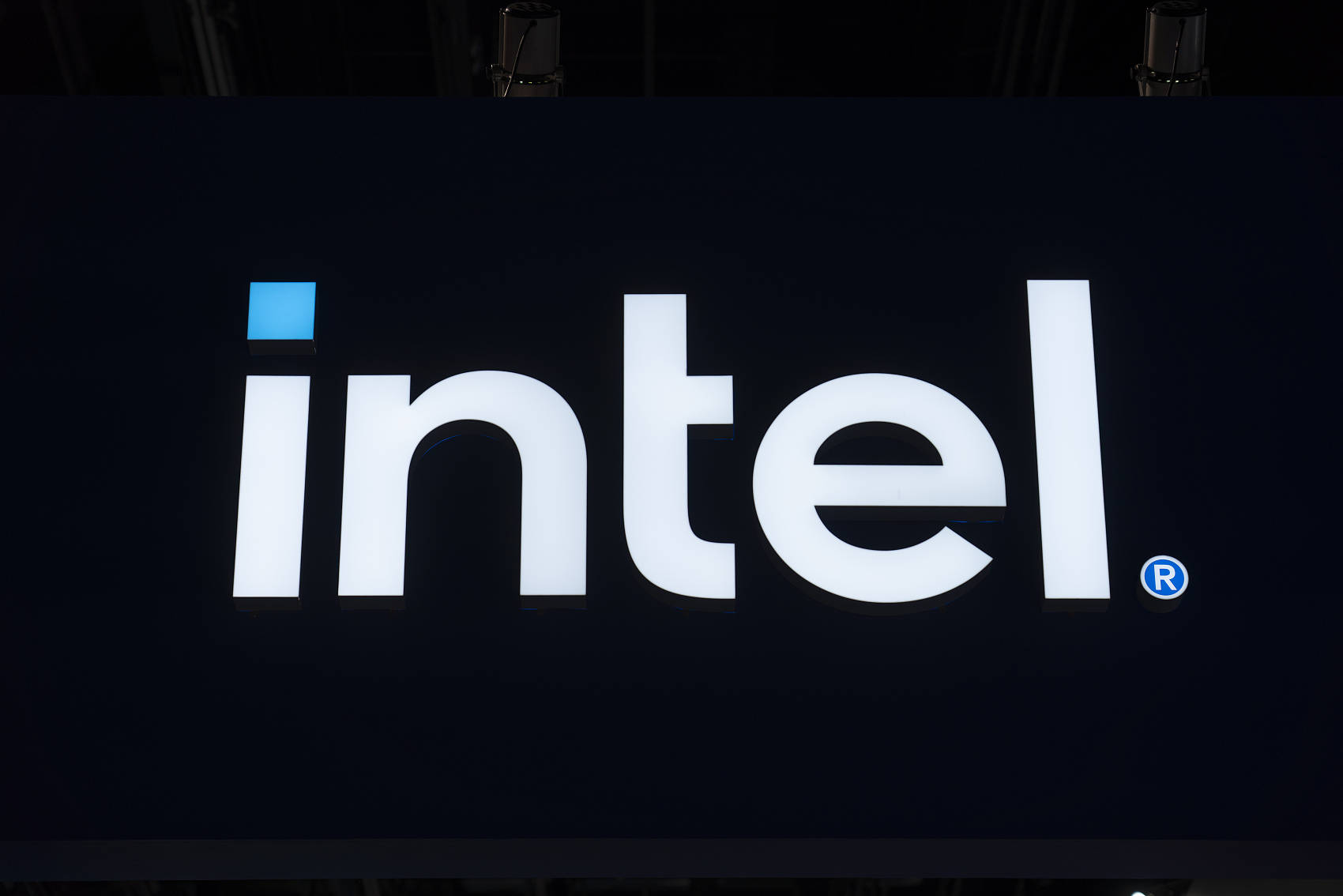[Pacific Tech News]
According to media reports, the globally renowned semiconductor manufacturer Intel revealed in its Gaudi 3 AI chip white paper that it is preparing to launch a special version of the Gaudi 3 chip in the Chinese market.
The Chinese special edition Gaudi 3 will consist of two products, the HL-328 OAM compatible Mezzanine Card and the HL-388 PCIe Accelerator Card. The HL-328 will be officially launched on June 24, while the HL-388 will hit the market on September 24. These two products are similar to the original Gaudi 3 in terms of functionality and performance, but have been optimized and adjusted to meet the demands of the Chinese market.

Compared to the original Gaudi 3, the main change in the Chinese special edition lies in its Total Processing Power (TPP). Due to the US export control on AI chips, the TPP of the Chinese special edition Gaudi 3 needs to be below 4800 to be exported to China. This translates to a reduction of approximately 92% in AI performance for the Chinese special edition Gaudi 3 in order to comply with US export control requirements.
Despite the decrease in performance, this also results in a significant reduction in power consumption. According to leaked information, the TDP (Thermal Design Power) of the PCIe Card and OAM Card of the Chinese special edition Gaudi 3 is 450 watts, significantly lower compared to the original versions which were 600 watts and 900 watts respectively, showing a clear decrease in power consumption.
Nvidia’s special edition 4090D launched for mainland China earlier this year also faced a cold reception. Obviously, computing cards that comply with sanction standards have no competitiveness. It is hoped that domestic computing cards can soon fill this market gap and avoid being constrained.